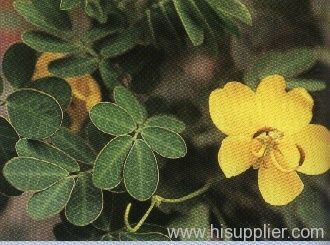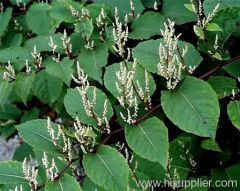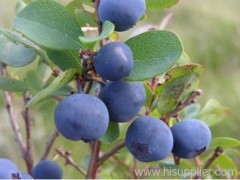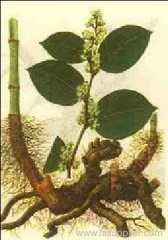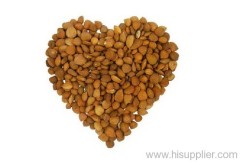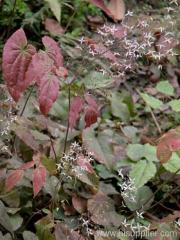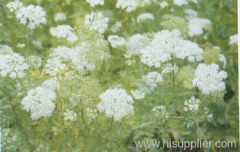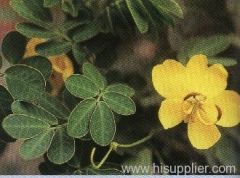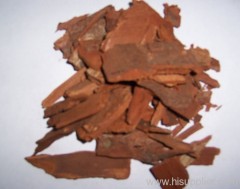
|
Shanghai seni pharma-tech co., ltd
|
Quercetin
| Payment Terms: | TT/LC |
| Place of Origin: | , China (Mainland) |
|
|
|
| Add to My Favorites | |
| HiSupplier Escrow |
Product Detail
Product Name: Quercetin GMPmanufacturer supply
Latin Name: Meletin;Sophretin
Product Name: Quercetin GMPmanufacturer supply
Latin Name: Meletin;Sophretin
Origin:Dysosma Veitchii;Hemsl.et Vils;Hypericum ascyron L; Sophora japonica.L.
CAS NO:117-39-5 ;6151-25-3
Active ingredient:Quercetin 50%;95%;98%
Assay:50%;95%;98%
Testing Method:UV;HPLC
Molecular Formula: C15H10O7
Molecular Weight:302.23
Appearance:Greeen or Yellow powder
Packing Detail:Net weight 25kgs packed in paper-drums and two plastic-bags inside.
Storage:Stored in a cool and dry well-closed container, keep away from moisture and strong light / heat.
Shelf Life:two years
Action and Uses:
This plant pigment is an antioxidant, and thus may help fight cell-damaging free radicals. (But like other antioxidants, it may also act as a pro-oxidant—that is, have the opposite effects and actually become a free radical—under some circumstances.) Lab studies suggest that it may have anti-cancer effects, help prevent heart disease by reducing the oxidation of LDL ( "bad" ) cholesterol, and act as an antihistamine.Specifically, it may help treat or even prevent prostate cancer by blocking male hormones that encourage the growth of prostate cancer cells, according to preliminary laboratory research at the Mayo Clinic. In another study, men with an inflamed prostate (prostatitis) reported reduced urinary symptoms when they took quercetin. Population studies have found that people with high intakes of foods containing quercetin and other flavonoids tend to have lower rates of heart disease and lung cancer. Several studies have linked a high intake of apples (rich in quercetin and other flavonoids) with improved lung function and a lower risk of certain respiratory diseases, such as asthma, bronchitis, and emphysema.
Didn't find what you're looking for?
Post Buying Lead or contact
HiSupplier Customer Service Center
for help!

